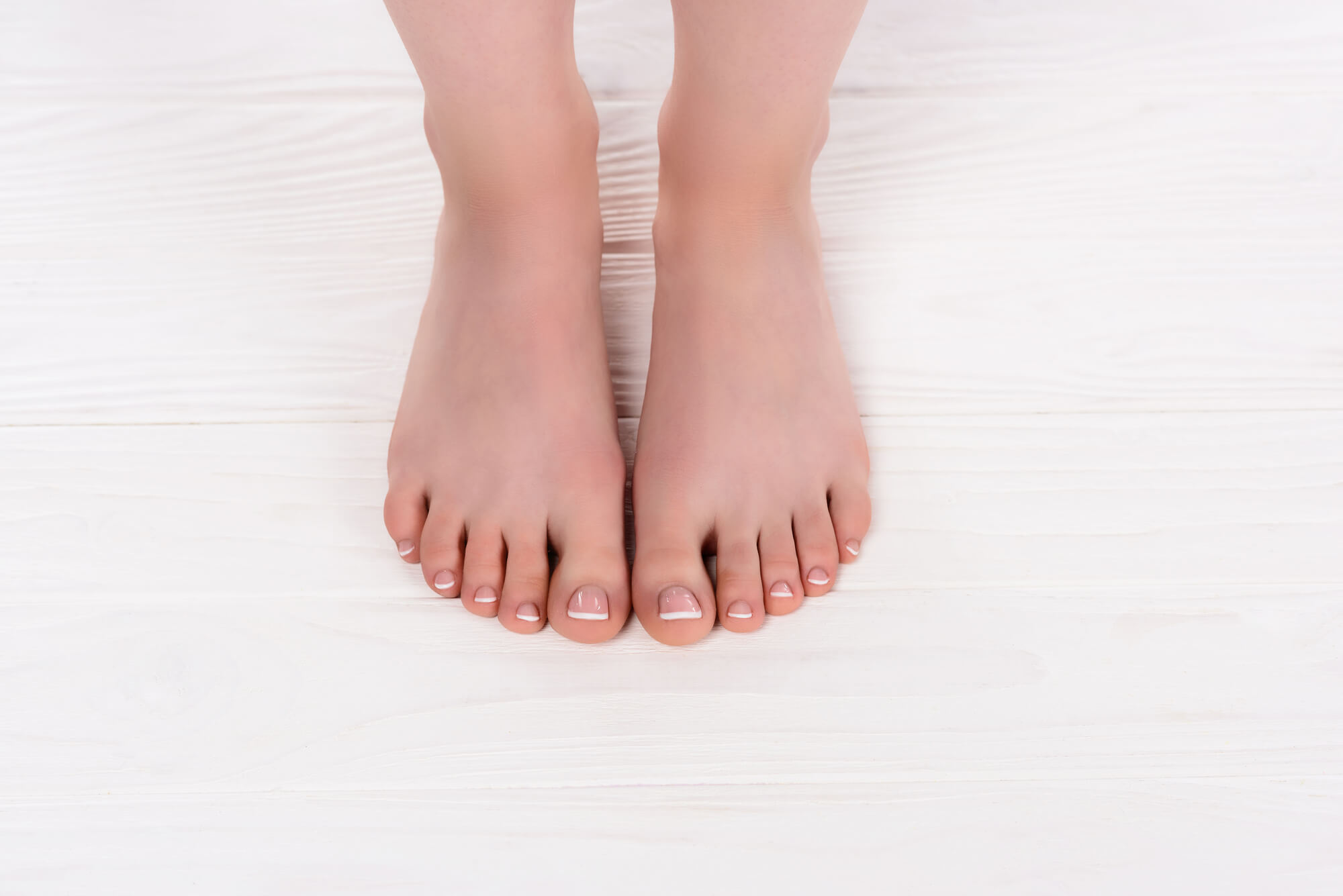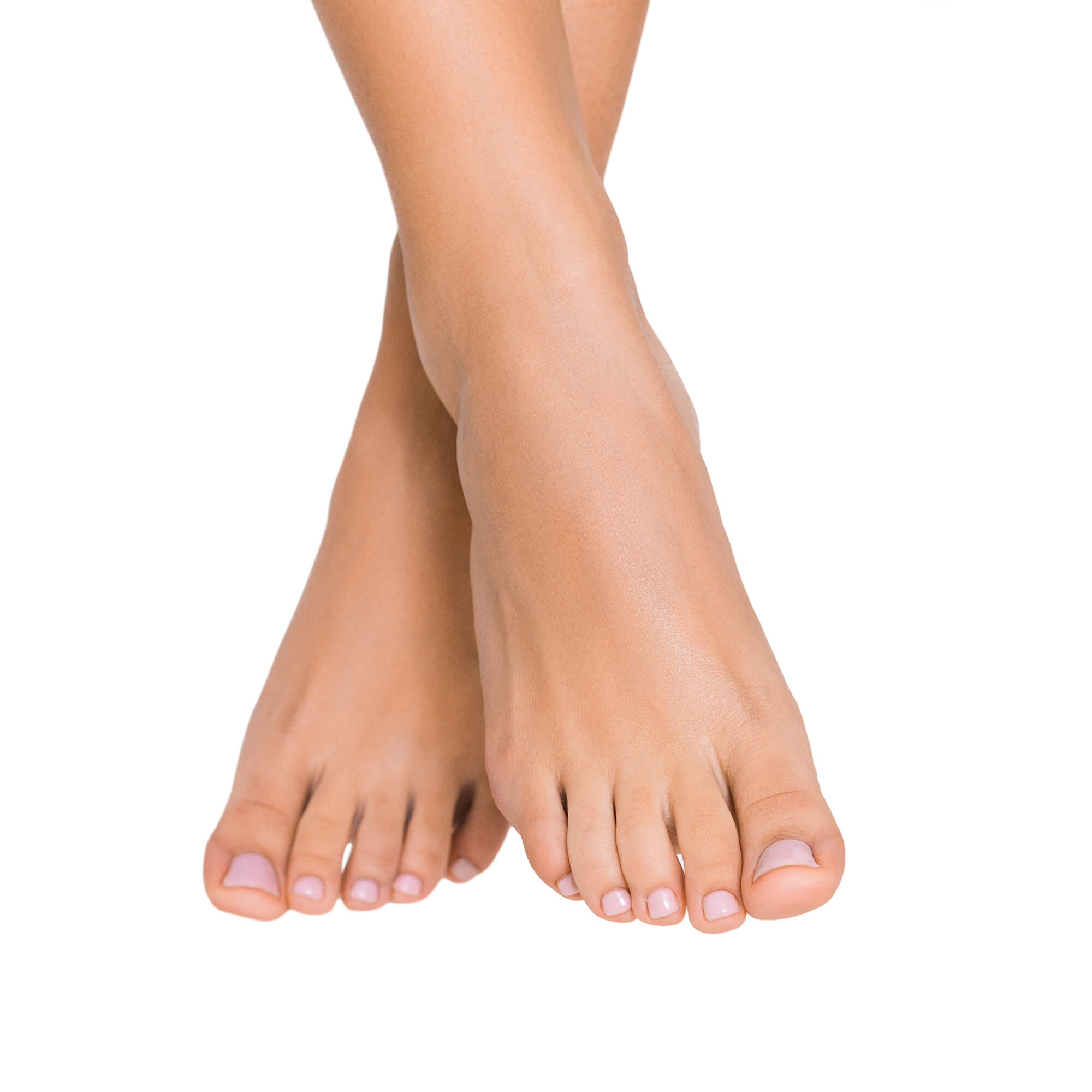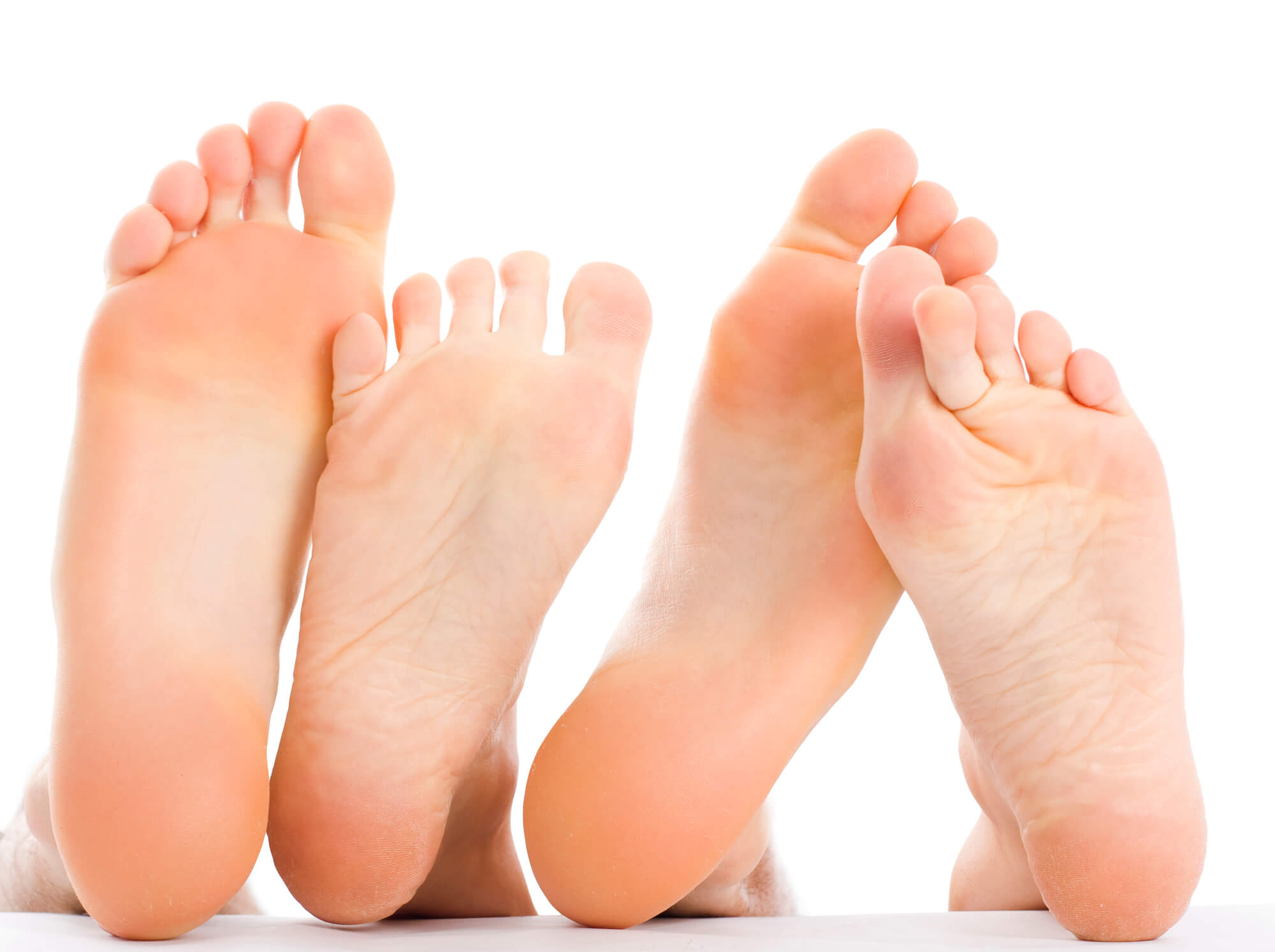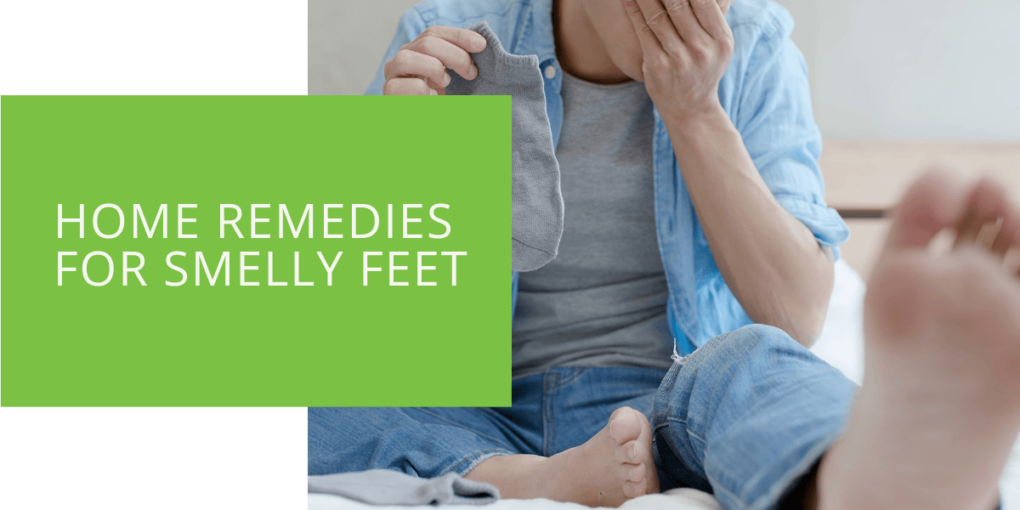Home Remedies for Smelly Feet
Do you struggle with smelly feet? Foot odor can be an embarrassing and uncomfortable problem, but there are many home remedies that you can try to reduce and eliminate it. In this article, we'll explore some podiatrist-approved solutions that can help you keep your feet smelling fresh and clean.
Understanding Foot Odor
Sweat and bacteria on the skin cause foot odor. When sweat accumulates on your feet, the bacteria on your skin feed on it and produce an unpleasant odor. This can be exacerbated by wearing shoes that don't allow your feet to breathe or socks that don't absorb moisture.
Home Remedies for Smelly Feet
Epsom Salt Foot Soak
Epsom salt is a natural deodorizer that can help to neutralize odor-causing bacteria on your feet. When you soak your feet in Epsom salt, the salt draws moisture out of your skin, which can reduce the growth of bacteria. As a foot soak, dissolve 1/2 cup of Epsom salt in warm water and soak your feet for 20 minutes. The optimal water temperature for the foot soak is around 37-38°C (98-100°F). Be sure to rinse your feet thoroughly after the soak, as leaving the salt on your skin for too long can cause dryness and irritation.
While Epsom salt is generally safe for most people, there are a few potential side effects. Some people may experience skin irritation or dehydration, so drinking plenty of water and moisturizing your skin after using it is important.

Apple Cider Vinegar Foot Soak
Apple cider vinegar has natural antibacterial properties that can help to kill the bacteria that cause foot odor. To use as a foot soak, mix 1/2 cup of apple cider vinegar with 1 cup of warm water in a basin and soak your feet for 15-20 minutes. You can also add a few drops of essential oil for added fragrance.
When using apple cider vinegar, choose a high-quality, unfiltered vinegar containing "the mother." This is a stringy, cloudy substance that contains beneficial enzymes and bacteria. Some people may experience skin irritation, so diluting it with water and monitoring your skin for any signs of redness or rash is important.
Antiperspirant
Antiperspirant isn't just for your underarms! Applying antiperspirant to your feet soles can help reduce sweat and odor. Choose an antiperspirant designed for feet, or use a regular antiperspirant containing aluminum chloride.
When using antiperspirant on your feet, applying it to clean, dry skin is important. You should also avoid applying it between your toes, as this can increase the risk of fungal infections.
Foot Soak with Baking Soda and Essential Oils
A foot soak made with baking soda and essential oils can help to cleanse your feet and reduce odor. To make a foot soak, fill a basin with warm water and add 1/4 cup of baking soda, 1/4 cup of Epsom salt, and a few drops of essential oil. Some essential oils that are particularly effective at masking foot odor include lavender, tea tree, and peppermint. Soak your feet for 15-20 minutes, then rinse and dry them thoroughly.
When using essential oils, choosing high-quality, pure oils and diluting them properly in water or carrier oil is important. Some essential oils can cause skin irritation or allergic reactions, so it's important to do a patch test before using them.

Odor-Fighting Insoles
Odor-fighting insoles can help to reduce foot odor by absorbing sweat and keeping your feet dry. Look for insoles that contain activated carbon, which is a natural deodorizer. Some insoles also contain antimicrobial agents that can help to kill odor-causing bacteria. You can find odor-fighting insoles at most drugstores or shoe stores. They are usually available in different sizes and can be trimmed to fit your shoes.
When using odor-fighting insoles, it's important to replace them regularly, especially if you sweat heavily or wear your shoes for extended periods. You should also follow the manufacturer's instructions for cleaning and care.
Cornstarch
Cornstarch is a natural absorbent that can help to reduce moisture on your feet, which in turn can reduce the growth of odor-causing bacteria. To use cornstarch, sprinkle it on your feet before putting on your socks and shoes. Mix cornstarch with baking soda and essential oils to make homemade foot powder.
When using cornstarch, it's important to apply it to clean, dry skin. You should also avoid using too much cornstarch, which can build up between your toes and increase the risk of fungal infections.
Use Insoles
Odor-fighting insoles can help to reduce foot odor by absorbing sweat and keeping your feet dry. Look for insoles that contain activated carbon, which is a natural deodorizer. Some insoles also contain antimicrobial agents that can help to kill odor-causing bacteria. You can find odor-fighting insoles at most drugstores or shoe stores. They are usually available in different sizes and can be trimmed to fit your shoes.
When using odor-fighting insoles, it's important to replace them regularly, especially if you sweat heavily or wear your shoes for extended periods. You should also follow the manufacturer's instructions for cleaning and care.

Scrub Your Feet
Regularly scrubbing your feet can help remove dead skin cells and bacteria, reducing foot odor. Mix a tablespoon of baking soda with warm water to scrub your feet to make a paste. Then, gently scrub your feet for a few minutes using a soft-bristled brush, paying extra attention to the areas between your toes. Rinse your feet with warm water and pat them dry.
It's important not to scrub your feet too aggressively, as this can cause skin irritation or damage. You should also avoid using harsh exfoliants or scrubs, as these can strip your skin of natural oils.
Use Tea Bags
Tea bags contain tannic acid, which can help to kill odor-causing bacteria and reduce foot odor. To use tea bags, steep a few bags of black tea in boiling water for a few minutes. Then, remove the tea bags and let them cool until they are comfortable to the touch. Place the tea bags on your feet for 15-20 minutes, then rinse your feet with warm water and pat them dry.
When using tea bags, it's important to choose black tea, as other types of tea may not contain enough tannic acid to be effective. You should also avoid using tea bags that have been flavored or sweetened, as these may contain additional ingredients that can irritate your skin.
When to See a Podiatrist about Stinky Feet
If your foot odor persists despite home remedies, or if you notice other symptoms such as itching, redness, or rash, it's important to consult a podiatrist. These symptoms could indicate an underlying medical condition, such as a fungal infection, that may require professional treatment.
Conclusion
Foot odor can be a frustrating problem, but many home remedies can help to reduce and eliminate it. By understanding the causes of foot odor and taking proactive measures to prevent it, you can keep your feet smelling fresh and clean. However, if your foot odor persists or you are concerns about your foot health, it's important to consult with a podiatrist for professional advice and treatment.

